When traveling to a different country, many people try to follow the rule of “When in Rome, do as the Romans do.” They may learn as many of the social norms of the country as they can, and familiarize themselves with what’s considered appropriate behavior and what’s not, with the hope that they’re not looked down upon and/or don’t perpetuate the more negative stereotype of Americans (these are the rudest cities and states in America, as ranked by Americans, in case you’re curious.).
Unfortunately, there are several gestures often used in the U.S. that can be horrible to do in some other countries. And it’s one thing to make sure you, for example, don’t blow your nose in public in Japan, but quite another to stop using a hand gesture that you possibly have habitually used all your life. For example…
1. Crossing your fingers
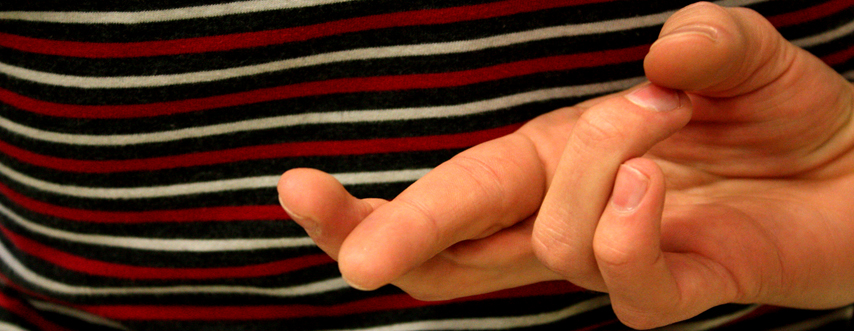
Probably not the best one to start with, because this one has an innocent, hopeful connotation along with a more negative one. So in the U.S., it could be a gesture of wishing, good luck, etc…or it could mean you’re lying.
But if you go to Vietnam, the gesture is generally believed to resemble female genitalia and is similar in meaning to when Americans flip somebody the bird.
2. The V Sign
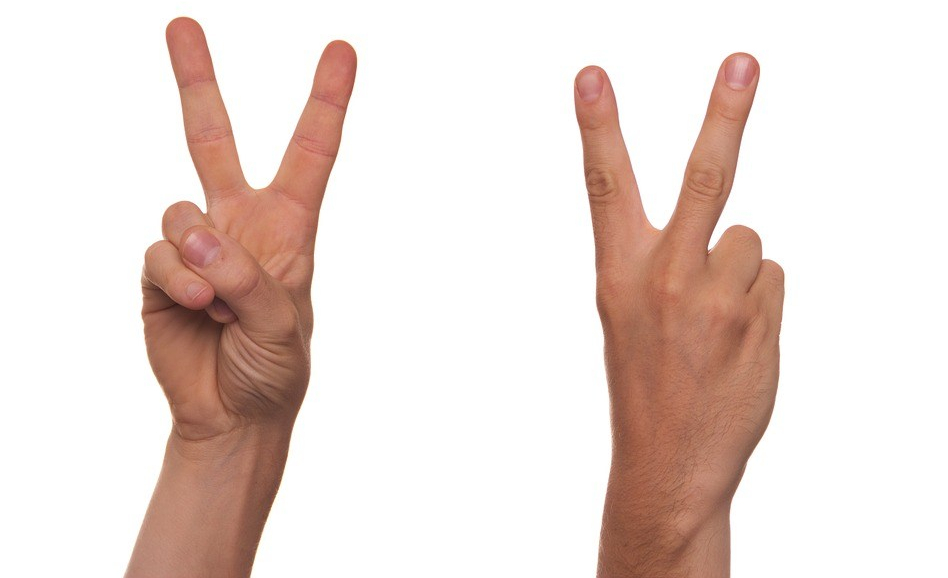
This one is all about how it’s done. With the palm out, it started as wartime “V is for victory” and somehow morphed into a sign for “peace” in the 1960s that’s still used today.
But with the palm facing in, that “peace sign” suddenly turns into an “eff you” in the U.K., Australia and other places.
3. Come Here

In the U.S. curling your index finger with the palm facing up is a common gesture that usually means, “come here.”
Yet in Slovakia, China, East Asia, Malaysia, Singapore, the Philippines, and many other parts of the world, it’s considered to be extremely impolite to use this gesture with people. It’s used only to beckon dogs in many Asian countries — and it can get you arrested if you use it in the Philippines!
4. Sign Of The Horns
The one on the left could mean “I love you” in American Sign Language and the one on the right could mean you’re a fan of the University of Texas at Austin (“Hook ’em Horns!”) or that you’re a metalhead and like rock & roll.
BUT (there’s always a but…), whereas this gesture is a wish for good luck in Venezuela and Brazil, for people in Italy and Spain it means their spouse is cheating on them. AND if you’re in Portugal or Colombia, the gesture means that and oftentimes along with, “and you’re too stupid to know it.”
5. Using your left hand
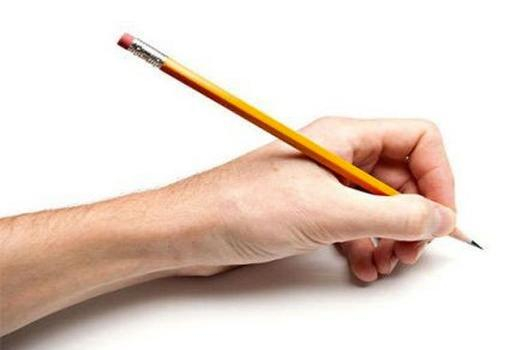
Being left-handed has had its negative connotations in the past (you could have been burned at the stake a few centuries ago, or forced to do things right-handed a few decades ago) but it’s generally accepted in the U.S. nowadays.
In other countries though, it’s still not good to be a lefty. Some aboriginal cultures or cultures with particular beliefs, particularly in Asia, still have an association with the left side as being bad and the right side as being good. Plus in large areas of Africa, Asia, and the Middle East, the left hand is still associated with connotations of personal hygiene. To give a gift with the hand that’s traditionally used as a form of toilet paper is not a good thing, nor is using your left hand to eat.
6. “I’ve Got Your Nose”
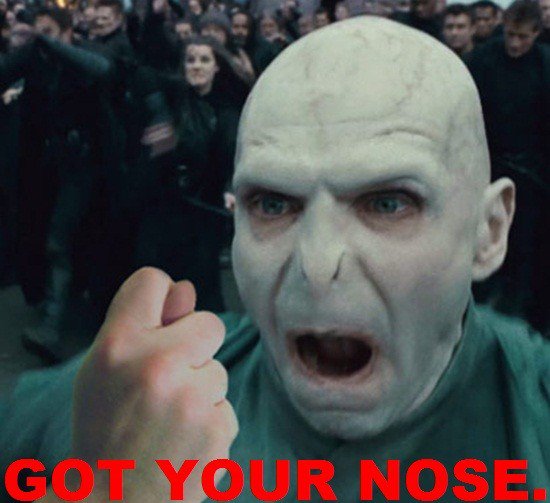
In the U.S., the grown ups play this with little kids, who don’t understand that they really DON’T have their nose but even so, it’s all in good fun and nothing else.
In other countries though, it’s a different story. If you make a closed fist with your thumb between your index and middle fingers in Turkey, Russia, Italy and Indonesia, they’ll know it as a big, “eff you!”
7. Open Palm Facing Out
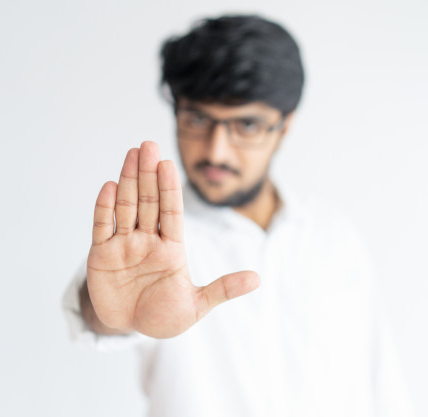
In the United States, an open palm usually means “stop.” No biggie.
But in Greece, Africa, and Pakistan, the gesture represents you rubbing someone’s face in excrement. And that’s, well, very different. And they’d want you to stop (but they won’t use an open palm facing out to say so).
8. Pointing With The Index Finger

Pointing with your index finger is just a way to identify something in the U.S. “Look, there it is.” “Over there.” Whatever.
But it’s a very rude thing to do in China, Japan, Indonesia, Latin America, etc.. In parts of Europe, it can be thought of as impolite, and in many African countries the index finger is used only for pointing at inanimate objects, but never at people. It’s best to use an open hand with all your fingers together when you need to point at something or someone.
9. O.K.

Ever since the 19th century or so, the O.K. sign has usually meant approval, agreement or that everything is well. Scuba divers are also taught to use the signal to mean “Everything is OK.” In recent years it may or may not be a sign for “white power” but it seems to be used in that context more for trigger reactions, or as a trolling gesture than anything else.
In Brazil, Germany, Russia and other countries, this gesture can mean a private bodily orifice. It also means “zero” in France.
10. Thumbs Up

In the U.S. the “thumbs up” hand gesture usually means something positive; anything from “good job” to “all is well.”
However, in other countries, such as Greece, Australia, Latin America, the Middle East and (ironically?) Russia, it means “up yours” or “sit on this.”
Want to comment on this post? Great! Read this first to help ensure it gets approved.
Want to sponsor a post, write something for Your Mileage May Vary or put ads on our site? Click here for more info.
Like this post? Please share it! We have plenty more just like it and would love it if you decided to hang around and sign up to get emailed notifications of when we post.
Whether you’ve read our articles before or this is the first time you’re stopping by, we’re really glad you’re here and hope you come back to visit again!
This post first appeared on Your Mileage May Vary
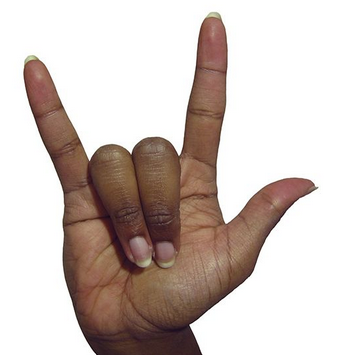
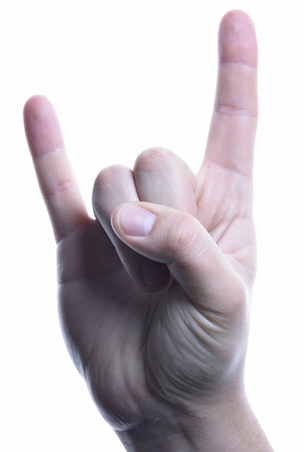

4 comments
I’ve noticed that Indonesia appears a lot here. The people there seem really chill, but I’ve primarily been to Bali. Maybe the people there are just used to more foreigners.
I seem to recall G. W. Bush doing #4 prominently in a Muslim country, not realizing that it signified the horns of satan.
I have been living in Russia for 25 years, and did not know that the O.K. gesture can mean a private bodily orifice
I lived from age 2 until 25 in Uruguay and Argentina. We never used the thumbs up sign in either a positive or negative connotation.
It is good to know these differences. When I get to travel again I will think about these different interpretations….